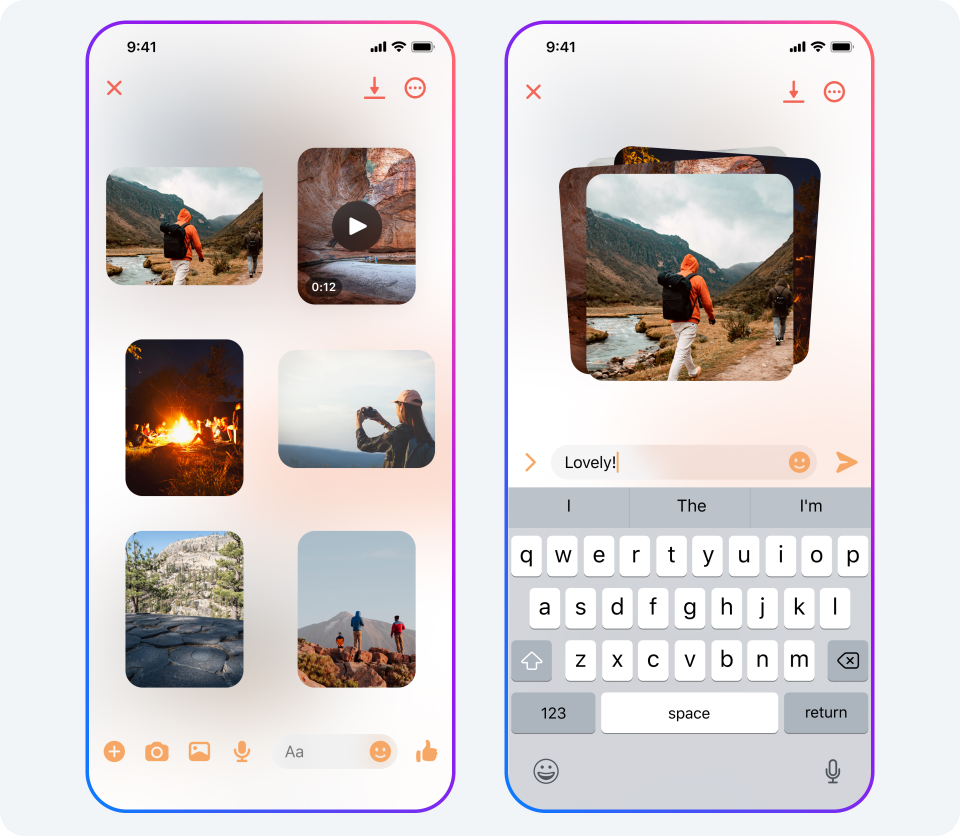Meta Messenger has now been updated to use end-to-end encryption by default
Today, Meta announced a significant enhancement to Facebook Messenger since its inception in 2011: the default implementation of end-to-end encryption (E2EE) to safeguard user information from potential theft.
Since 2016, Facebook Messenger has supported end-to-end encryption, but it was not enabled by default. Users had to manually activate it to utilize the feature.
Meta stated today that transitioning to default end-to-end encryption is a multi-year endeavor, explaining the prolonged period required to address this challenge. They have successfully switched Facebook Messenger to default end-to-end encryption after resolving various issues.

The challenges Meta referred to involve redesigning many features from scratch after fully implementing end-to-end encryption, as existing functionalities couldn’t be directly adapted. Many aspects required rewriting, but this issue has now been resolved.
With default end-to-end encryption in place, messages are encrypted before leaving the device, remaining in ciphertext as they travel through Meta’s servers and until they reach the recipient’s phone. This ensures that even in the event of a man-in-the-middle attack, the information remains secure.
Facebook Messenger is the world’s second-largest instant messaging tool, trailing only WhatsApp, which was also acquired by Meta. WhatsApp has supported end-to-end encryption for some time.
Telegram, ranking third, currently supports end-to-end encryption but does not enable it by default. Users must manually activate end-to-end encryption and receive confirmation from their contacts to initiate communication.






